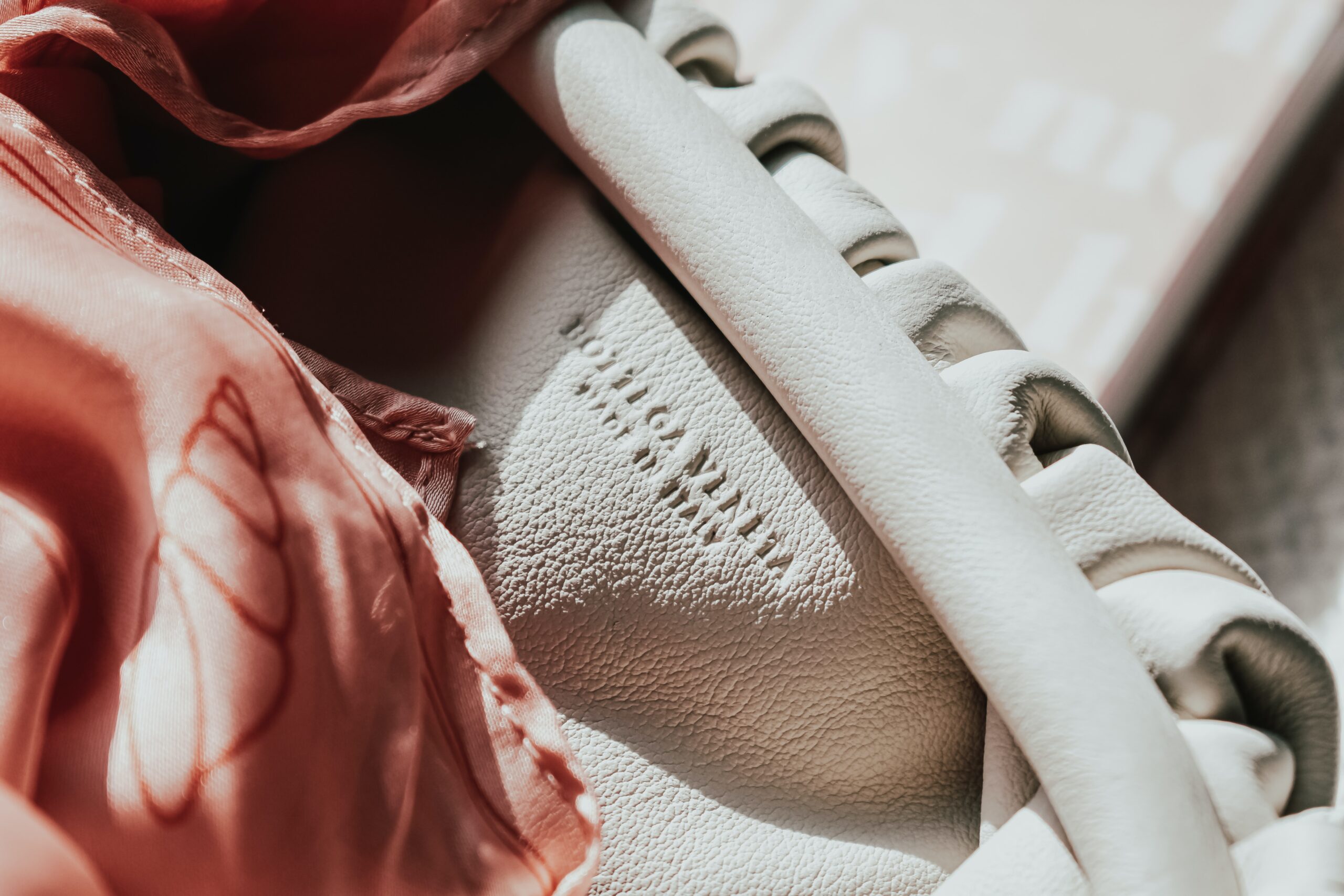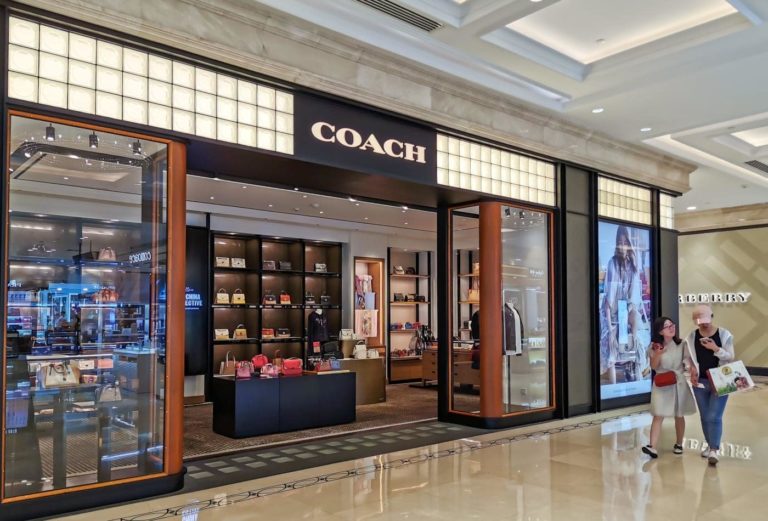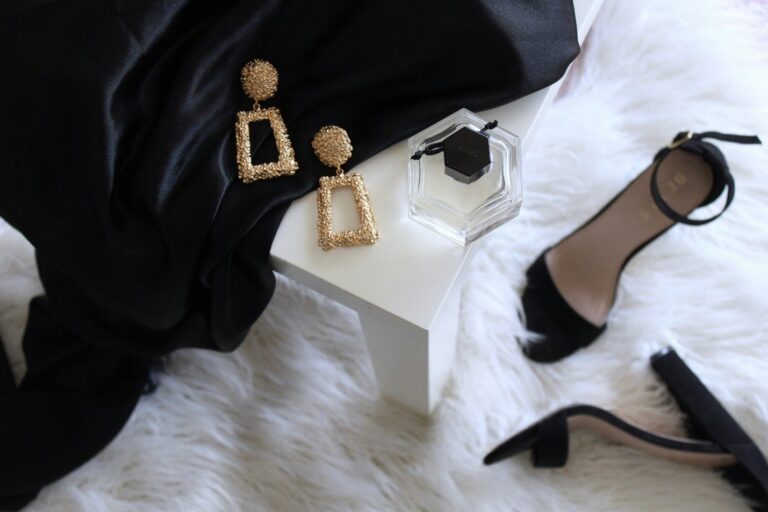Bottega Veneta opened its first boutique in China in Shanghai in 2007, and then quickly expanded to other Tier-1 cities such as Beijing, Shenzhen, and Guangzhou. It became part of the second wave of luxury brands to come to China, after the country proved to be a fruitful market for luxury brands. The brand continued building on its crucial values – simplicity and quality, and promoting its branded designs, especially the “intrecciato” – a leather weaving technique the company is known for.
Download our report on the future of sustainable fashion in China
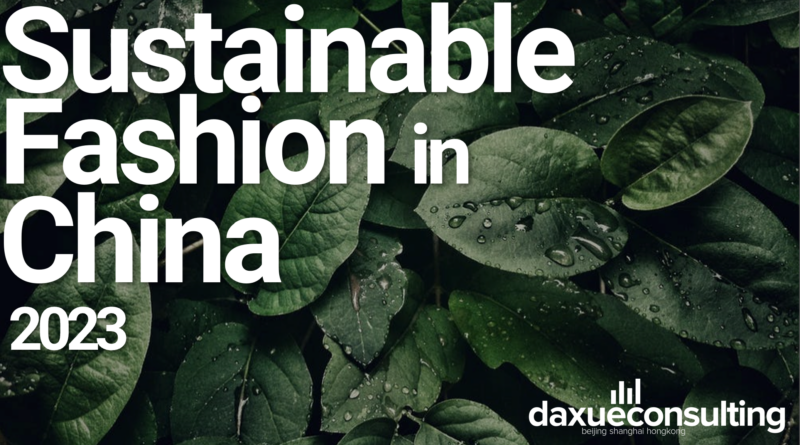
Bottega Veneta initially thrived in China as a niche brand but faced difficulties in its early years in the market. A key factor was its unique visual identity strategy: the brand deliberately avoided a prominent logo. This contrasted with prevailing consumer desires for recognizable products that symbolized status.
The brand suffered from low sales in the years before the pandemic, especially between 2015 and 2018. Globally, its sales started to slow down in 2015, falling by nearly 10 percent to $1.4 billion in 2016 and stagnating in 2017. In this period, the company switched a few creative directors, settling for Matthieu Blazy.
Bottega Veneta quitting social media, but not in China
The luxury maison caught the wide public’s attention in 2021, when it started its “social media blackout” and removed itself from all its Western social media accounts.
Then, designer Daniel Lee told the Guardian: “Social media represent the homogenisation of culture. Everyone sees the same stream of content. A huge amount of thought goes into what I do, and social media oversimplifies it.” This move was seen by the public as an attempt to emphasize exclusivity while embracing mystery and intrigue.
Despite closing its other social media accounts in the country, it decided to maintain its presence on WeChat, emphasizing the platform’s significance for e-commerce—a vital sales channel that couldn’t be cut off.
Later, in April 2022, the brand reopened its Little Red Book account, followed by a return to Weibo in February 2023. These changes mark a shift in the Bottega Veneta’s strategy to enhance its visibility in China while still preserving an aura of exclusivity. In an interview, the firm’s CEO explained that Wechat is a core instrument to demonstrate the brand’s history and background, while Little Red Book is needed for direct interaction with users.
The brand’s “invisible” stores and the rise of quiet luxury
What always made Bottega Veneta stand out from other luxury brands was the absence of a logo on its products. This has served both as a strength and a flaw, but it has recently become a clear benefit with the rise of the “quiet luxury” trend. Customers no longer seek to display their affluence openly. Instead, customers start to prioritize quality and tailored customer service offered by brands with timeless and chic items.
The notion of keeping a low profile is deeply entwined with the brand’s strategy on social media and in offline stores. In 2020, Bottega Veneta opened an “invisible store” in Shanghai. This unique pop-up store was discreetly positioned within a shopping mall, designed with mirror walls that seamlessly merged it into the surroundings, rendering it imperceptible at first glance.
Bottega Veneta continued its strategy by opening similar stores in other cities. Each store adopts a unique theme. For example, the pop-up store in Beijing used recycled aluminum blocks to assemble display devices. The company’s core aim is to showcase their products in a way that highlights intricate details and underscores their distinctive qualities.
Balancing understated luxury and environmental responsibility
In China, the concept of “quiet luxury” has gained considerable traction, primarily as a response to the saturation of luxury brands. As more individuals gain access to luxury goods, consumers seek exclusivity and a sense of uniqueness. This shift becomes particularly pronounced during economic slowdowns when affluent customers tend to adopt a more understated approach, shying away from ostentation. Furthermore, inconspicuousness aligns seamlessly with the prevailing minimalist, clean-fit, and old-money fashion trends.
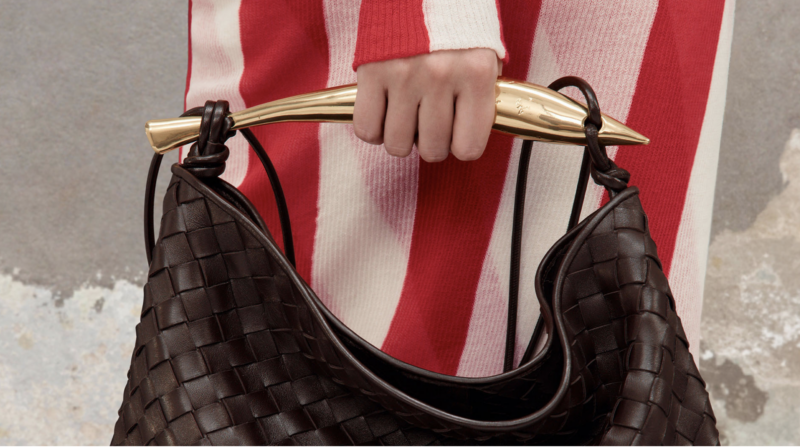
Furthermore, the Italian luxury maison is also adopting eco-friendly practices. In November 2022, Bottega Veneta started rolling out its new Certificate of Craft program, a new service that offers life-time warranty and unlimited repairing for any Bottega Veneta handbag. The brand explained this novelty with the company’s desire to offer long-term preservation of products, focus on responsible growth and reduce the need for replacement.
This approach has gained significance, especially because an increasing number of consumers in China have started valuing sustainability. Bottega Veneta’s focus is not only on providing timeless design and long-living products, but also on helping reduce waste and avoiding continuous purchases in pursuit of changing fashion trends.
Bottega Veneta’s cultural connection: celebrating Chinese traditions and festivals
In the current era of Guochao, it is crucial for brands to stay closely connected to Chinese culture. Bottega Veneta employs various effective strategies, such as Chinese models in their advertisements, collaborating with Chinese creative teams, producing content within China, and crafting collections and advertisements inspired by local holidays.
For example, for the Chinese New Year in 2022, Bottega Veneta installed a big advertisement on the Great Wall of China. The screen featured the phrase “Happy Chinese New Year” in Chinese characters, along with the Bottega Veneta logo displayed in the brand’s signature colors. Alongside this initiative, the Italian brand also pledged a donation to support the renovation and maintenance of the “Shanhai Pass,” the starting point of the eastern end of the Great Wall.
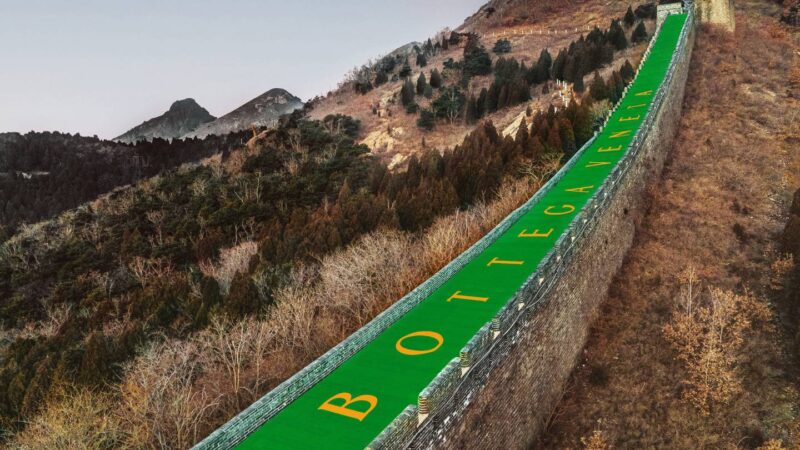
The following year, the brand commemorated the Spring festival again. It released a short film titled “Reunion in motion”, which underlined the tradition of families coming together to celebrate the new year. Through this film, the brand aimed to convey the idea that time holds the essence of true luxury. The release was accompanied by a customizable e-card that was available to anyone on Wechat.
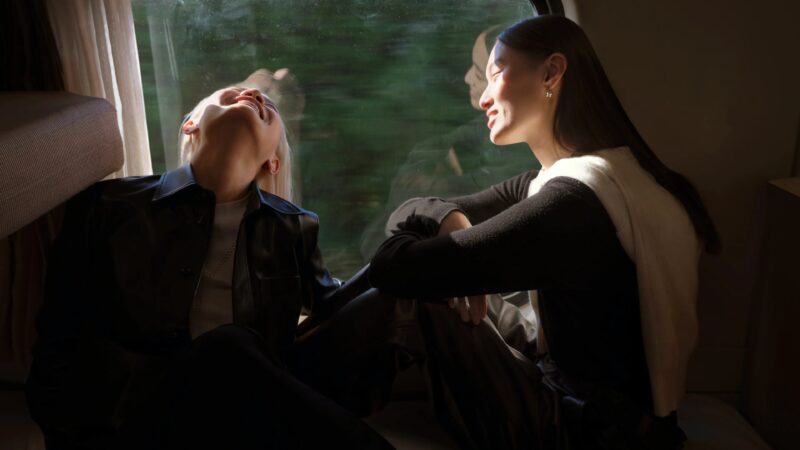
Bottega Veneta’s remarkable return to social media
In 2023, Bottega Veneta hosted a fashion show in Beijing, the first time the brand presented a physical show in China. The preparation of this show was the reason for the reactivation of the brand’s Weibo account: it served as a platform teasing the company’s new collection. The choice of Beijing as the place to uncover the new line was seen as a demonstration of the importance of the Chinese market for the brand.
The efforts of the company will likely prove to be successful. In Kering’s investor presentation for H1 2023, the group disclosed strong trends across the Asia-Pacific region and emphasized the potential provided by Chinese clients. Indeed, the anticipated fashion show was live streamed on Weibo and Wechat, which generated more than 36 million views combined. As of August 29, 2023, the Wechat livestream became the highest-ranking event in the luxury category since May.
So far, supported by the trends of quiet luxury and by the country’s pursuit of Common Prosperity, Bottega Veneta is seeing improvements in China. Although the brand showed that it cannot sustain absence from social media in China, the company employs its “invisibility” concept in other ways, creating a sense of exclusivity in its customers.
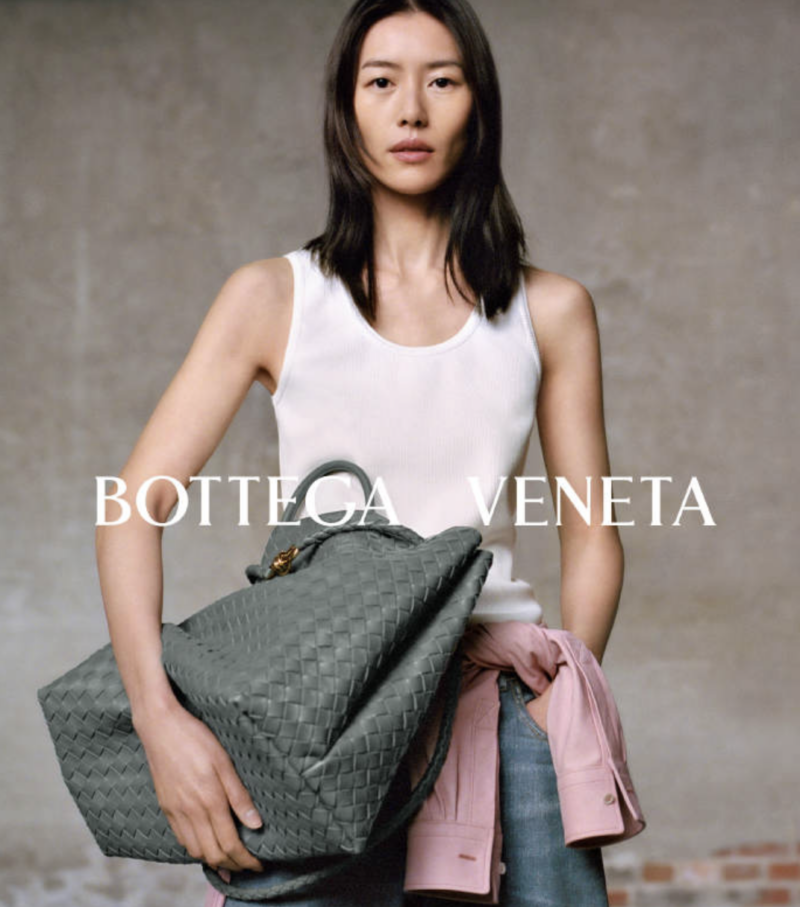
Embracing culture, sustainability, and exclusivity
- Bottega Veneta entered China’s luxury market in 2007, embracing simplicity and quality as its core values.
- The brand faced challenges in China due to its logo-free identity and suffered from low sales, which led to a change in creative directors.
- In 2021, Bottega Veneta gained attention globally by exiting Western social media platforms as part of a strategy to emphasize exclusivity and mystery.
- However, it maintained its presence on WeChat and later returned to platforms like Little Red Book and Weibo to enhance its visibility while preserving exclusivity.
- Bottega Veneta’s “quiet luxury” approach, eco-friendly practices, and cultural adaptations have contributed to its success in the Chinese market, with its recent fashion show in Beijing highlighting the importance of Chinese clients.


